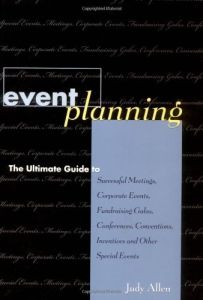
Read offline
Recommendation
Details, details, details. That’s really what successful event planning is all about, and that’s the key to this very successful event-planning manual. Author Judy Allen notes, lists, copes with and gives an example of virtually every detail in planning anything from a sedate corporate event in a major city to a huge celebration on a remote island. She provides examples galore plus tips, questions and answers, sample cost sheets and schedules. How much floor space does a person need to be comfortable in a tent? Answer: 20 square feet. How many bathrooms should be available for a party? Answer: One per 75 guests. And don’t forget to ask about the stemware, adequate parking and even the photographer’s back-up camera battery. This author seems to have thought every contingency, as the book’s ambitious title promises. Her one glaring omission is that she does not include the party planner’s fee - getAbstract.com’s guess is that she’d be worth it. We highly recommend this well-organized, very practical book to all event planners. Don’t send out press releases for your party without consulting Judy Allen.
Summary
About the Author
Judy Allen is founder and president of Judy Allen Productions, a full-service event planning production and consulting company. She also wrote The Business of Event Planning. She is a former New York Post columnist and a frequent contributor to industry publications, such as Meetings and Incentives Magazine.








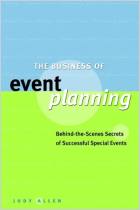
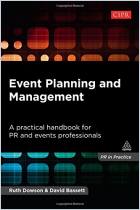
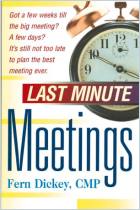
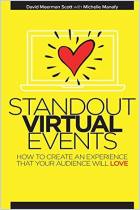
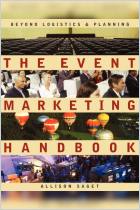
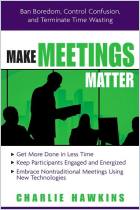
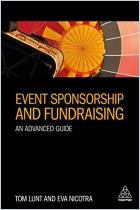



Comment on this summary or Start Discussion